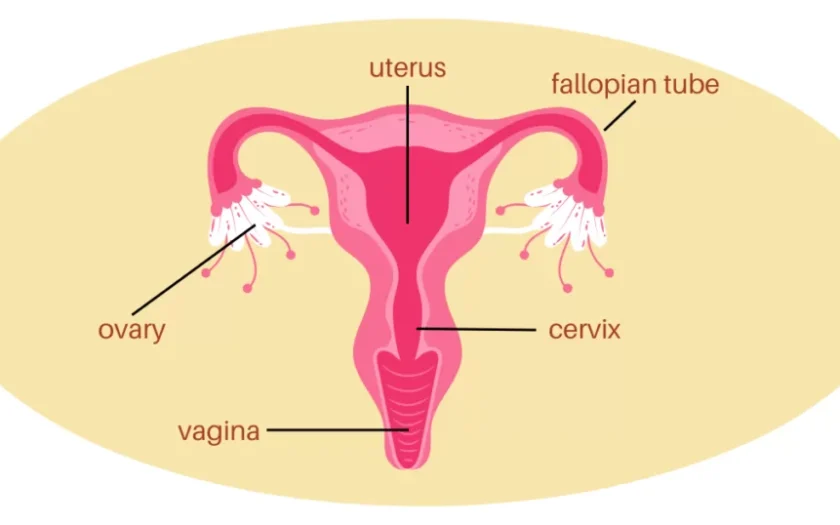Anosmia refers to the complete loss of smell, while partial loss is termed hyposmia. Our sense of smell plays a vital role in daily life, influencing experiences and even affecting taste perception. Anosmia can significantly alter how we perceive flavors in food and beverages, impacting enjoyment and nutritional intake.
Exploring Anosmia Symptoms: Understanding Loss of Smell and Its Implications
“Anosmia, characterized by the inability to smell, can vary in its symptoms depending on its underlying cause. In addition to the loss of smell itself, individuals may experience related symptoms such as changes in taste perception, difficulty identifying flavors in food, or reduced appetite due to diminished sensory enjoyment. Furthermore, depending on the cause of anosmia, there may be associated symptoms such as nasal congestion, nasal discharge, or irritation, which can provide clues to the underlying condition.”
Understanding the Causes of Anosmia: Exploring Factors Behind the Loss of Smell
Anosmia and hyposmia can stem from various factors, ranging from age-related changes to congenital conditions. Head and facial injuries often result in loss of smell, as can viral infections like colds, influenza, and notably, COVID-19. Certain chemicals and medications, including illicit drugs such as cocaine, can also impair the sense of smell.
Other potential causes include brain tumors, nasal polyps, head trauma, vitamin deficiencies, and chronic conditions like allergic rhinitis or sinusitis. Diseases like Parkinson’s and Alzheimer’s can also affect olfactory function, as can smoking and exposure to certain toxins. Identifying the specific cause of anosmia is crucial for effective management and treatment.
When to Seek Medical Advice for Anosmia: Understanding When to Consult Your Doctor
If you experience any changes in your sense of smell, it is important to consult your doctor promptly. This includes sudden loss of smell, diminished ability to detect odors, or any other unusual alterations in your olfactory perception. Seeking medical attention early can help identify potential underlying causes, especially since some conditions associated with anosmia may benefit from early intervention or treatment.
Diagnosing Anosmia: Methods and Tests to Assess Loss of Smell
To diagnose anosmia, your doctor may refer you to an ear, nose, and throat (ENT) specialist who can conduct a thorough examination. This typically involves using an endoscope to inspect your nasal passages, mouth, and throat for any abnormalities. Additionally, imaging tests such as computed tomography (CT) scans or magnetic resonance imaging (MRI) may be performed to evaluate the structures of the nose and brain. Blood tests may also be conducted to identify potential underlying causes, such as infections or autoimmune disorders.
Treatment Options for Anosmia: Strategies to Manage and Improve Loss of Smell
The approach to treating anosmia varies depending on its underlying cause. For conditions like nasal polyps or sinusitis, steroid medications may be prescribed to reduce inflammation and restore olfactory function. Antihistamines are often used to alleviate symptoms related to allergies that may contribute to anosmia. In cases where infections are responsible, antibiotics may be necessary to treat the underlying bacterial or viral cause. Surgical intervention may be considered for structural abnormalities such as nasal blockages or tumors that affect the nasal passages or brain. Treatment plans are personalized to address the specific factors contributing to the loss of smell, aiming to improve olfactory perception and quality of life.
Preventing Anosmia: Understanding Measures to Safeguard Your Sense of Smell
Preserving your sense of smell can be achieved by avoiding exposure to certain chemicals and drugs known to affect olfactory function, as well as refraining from smoking. It’s advisable to consult with your doctor or pharmacist about any medications you’re taking, as some may pose a risk to your sense of smell.
For individuals already experiencing anosmia, enhancing home safety is crucial. This includes diligently checking food expiration dates, ensuring functional smoke alarms are installed and maintained, and verifying that cooking appliances and electrical devices are turned off properly. These precautions help mitigate potential hazards and promote a safer living environment despite sensory impairments.
Understanding the Complications Associated with Anosmia
Understanding the complications of anosmia goes beyond its immediate impact on the sense of smell. From affecting taste perception and social interactions to posing safety risks in daily life, anosmia can significantly influence an individual’s well-being and mental health. This article explores the multifaceted challenges that accompany anosmia and highlights strategies for managing its implications.
If you lose your sense of smell due to a cold, it typically returns within 1 or 2 weeks. However, if it persists beyond this timeframe, it’s advisable to consult your doctor for further evaluation.
Anosmia can significantly affect your quality of life. The inability to smell can make food taste bland, impacting your enjoyment of meals, especially in social settings. This can lead to reduced appetite and affect your overall nutrition.
Moreover, anosmia raises concerns about safety. Individuals with anosmia may not detect spoiled food or recognize hazardous odors like gas leaks or smoke, posing risks to their health and safety. These challenges can contribute to anxiety and affect mental well-being, underscoring the broader impact of anosmia beyond its sensory aspect.
In conclusion, the complications of anosmia extend beyond the loss of smell, impacting daily activities, social interactions, and safety awareness. The challenges of altered taste perception, nutritional concerns, and heightened safety risks underscore the importance of early detection and comprehensive management strategies to mitigate its effects on quality of life. Seeking medical guidance and adopting practical measures can help individuals navigate these complexities and maintain their well-being despite the challenges posed by anosmia.



